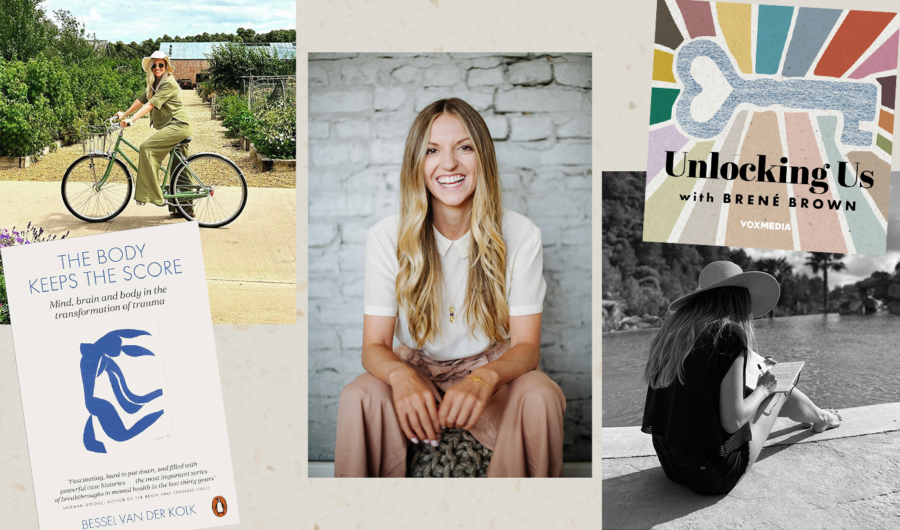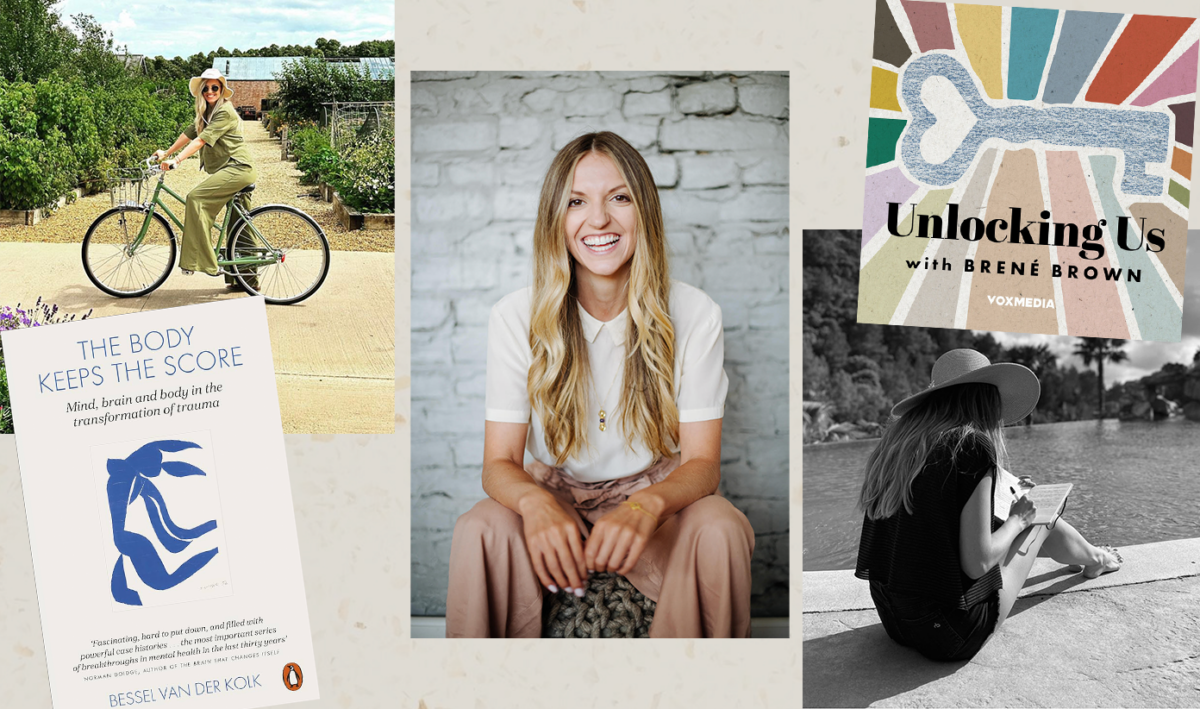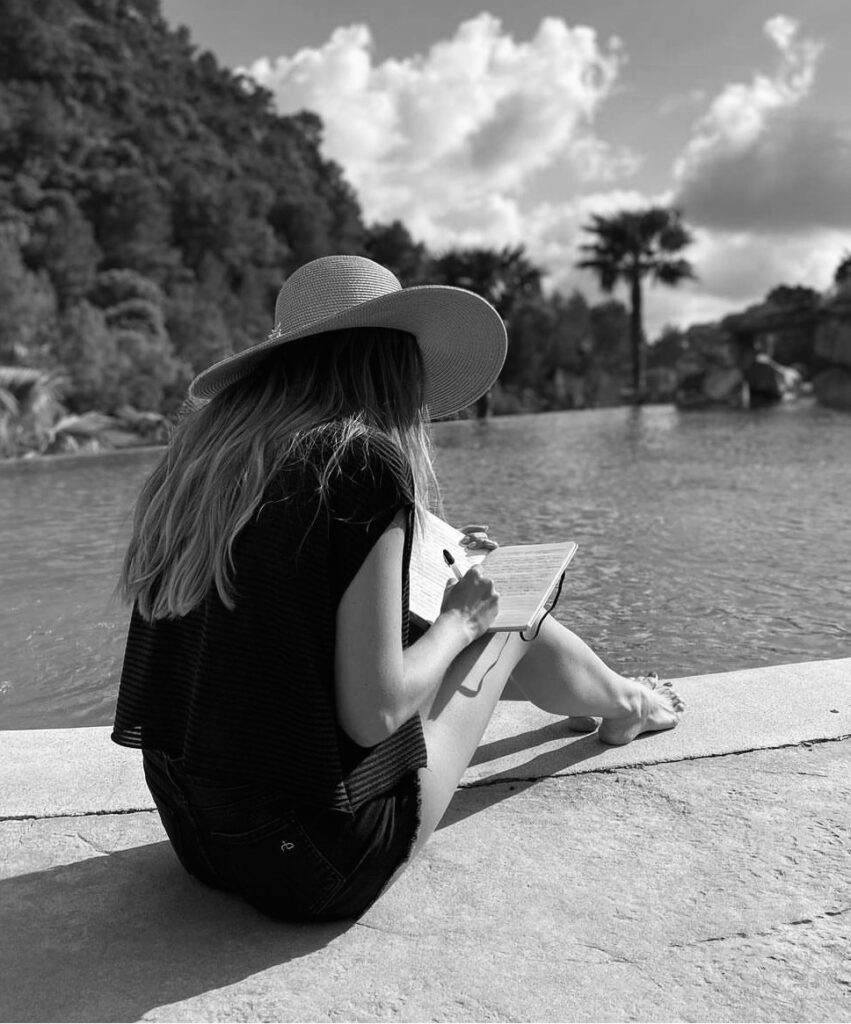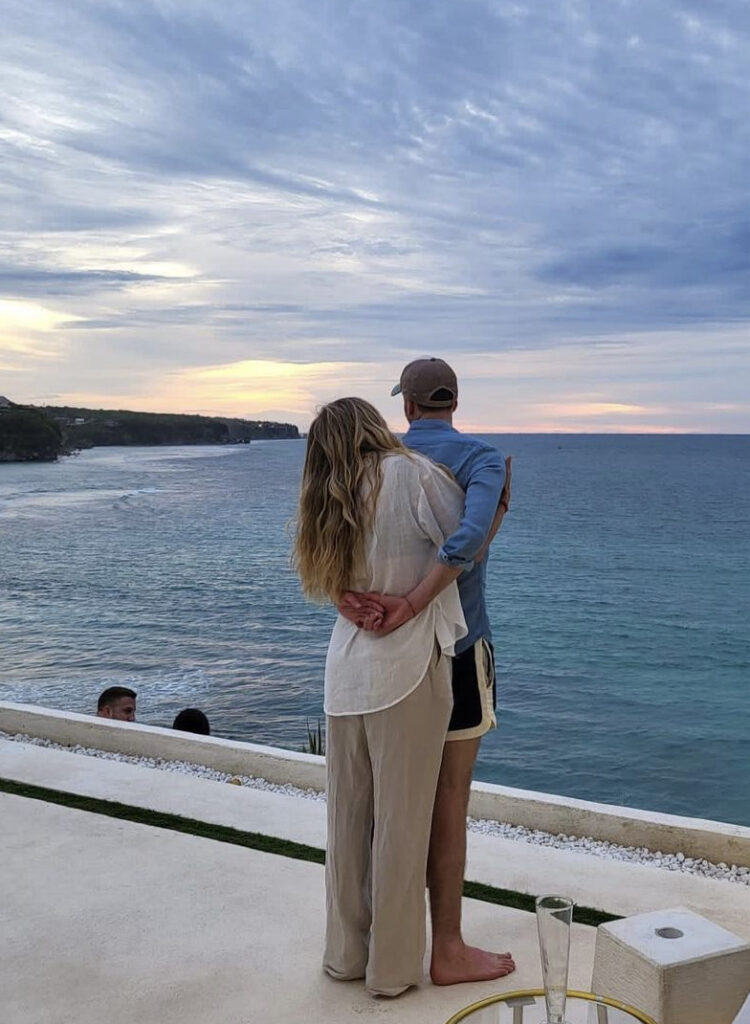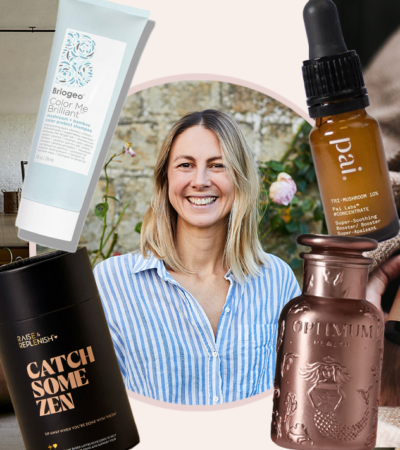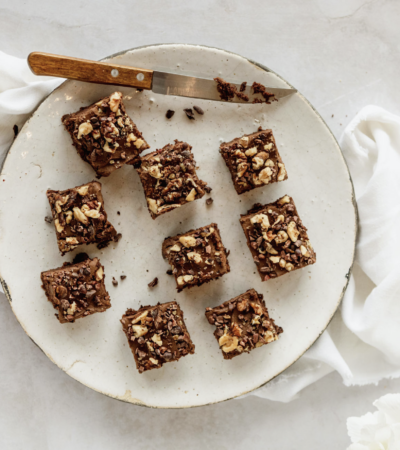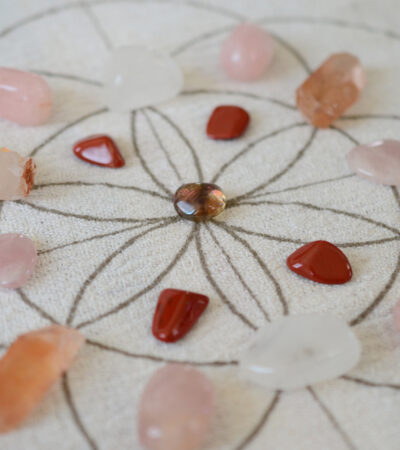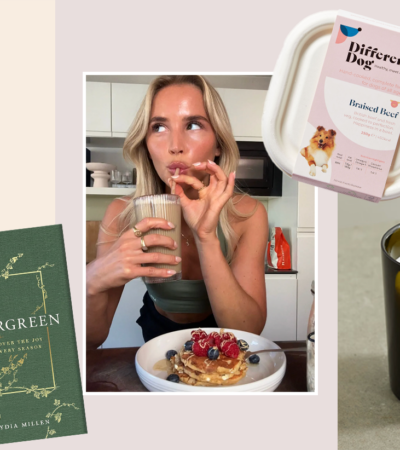We sat down with Maude Hirst, actress, meditation coach and founder of meditation app EnergyRise, for an insightful exploration of her journey with meditation and the impact it’s had on her life, from personal growth, heartbreak and life’s setbacks. In this interview, Maude shares how meditation became her lifeline during difficult times, dispels common misconceptions about meditation and offers practical rituals for enhancing overall well-being. From the transformative power of movement to the role of gratitude in daily life, Maude provides valuable insights into navigating challenges, redefining success and living a life of alignment and peace.
What was it that first attracted you to the world of meditation and the wellness industry in general?
It wasn’t so much the industry that attracted me but meditation as a practice. I was going through some very hard personal times (an awful breakup) when I discovered the power meditation could have on my mental health. It can be a seemingly simple practice of sitting in stillness from the outside but the internal experience of getting to know yourself through a regular practice is very profound and for me life-changing. Which led me to become passionate about sharing it with as many people as I could possibly reach.
From your personal experience, what benefits have you seen with regular meditation practice?
For me a regular practice has brought more calm, presence and peace into my life. It has also given me in internal confidence that I never had before. Allowing me to really get in touch with and trust my own intuition above all else.
What’s a misconception about meditation you would like people to overcome?
There are quite a few but here are my top 3.
First misconception – meditation is about sitting with a quiet mind, so if your mind is busy you have somehow failed at meditating. The truth – meditation is a practice of being with yourself. Your mind will be busy (because it is a thinking machine) but meditation is about redirecting your mind to where you want it to go, rather than getting caught in the busy thoughts.
Second misconception – there is only 1 kind of meditation and if it doesn’t work for you first time, then meditation isn’t for you. The truth – there are many different types of meditation from breath and body awareness, mantra, movement meditation and visualisation to name just a few. If one kind of practice or one teacher doesn’t work for you, look around for one that does because you will find one.
Third misconception – to feel the positive impacts of meditation you need to practice for hours everyday. The truth – as little as 10 minutes of meditation can have a huge impact on the way that you feel.
How has meditation and mindfulness impacted your life away from the mat? Has it helped you overcome certain challenges or difficult moments?
Meditation has become my new best friend. I am not sure how I survived through the ups and downs of life without it. Recently I have been going through a challenging IVF journey and meditation has really helped me ride through the rollercoaster of emotions. Meditation doesn’t stop you from feeling emotions but it certainly helps you process them in more helpful ways and having a practice that has allowed me to do this has been the biggest comfort through these times.
Can you share any mindfulness rituals or practices that you personally find impactful for enhancing overall well-being?
The most helpful and simple practices that I use are breath practices and my morning ritual. How you breathe has a direct impact on how you feel. Here are two simple but powerful practices you can use to enhance your wellbeing:
1) When you’re feeling anxious or stressed you need to slow down and calm your breath. Breathe in through the nose to a count of 4 and exhale through the mouth to a count of 6. Repeat 10 times and notice that as you calm your breath, the body will also calm.
2) Morning ritual – before you pick up your screen in the morning, make sure you expose your eyes to natural daylight. Drink water before you drink caffeine and if you can, get out for a quick walk in nature, you will feel a huge uplift in how you feel.
What does movement mean to you and what role does it play in your day-to-day life?
Movement has a very important role in my life but for mental rather than physical reasons. I find the most rewarding movement is the kind of movement that is guided by how I am feeling rather than pushing myself to move for the sake of moving. For example, listening when my body is tired and going for a walk rather than trying to do anything more. Or if I am achy, getting on my yoga mat for a big stretch. Intuitive movement is the best way to move I believe.
Can you share any favourite books, podcasts, or resources that have influenced your personal growth journey?
Books that have had a huge impact on me:
The Body Keeps the Score by Bessel van der Kolk
The Power of Vulnerability – Brene Brown
A New Earth – Eckhart Tolle
The Art of Hearing Heartbeats by Jan-Philipp Sendker
Podcasts I have listened to recently that really spoke to the way that I am feeling about connection:
Unlocking Us by Brené Brown and Esther Perel exploring AI (artificial intimacy)!
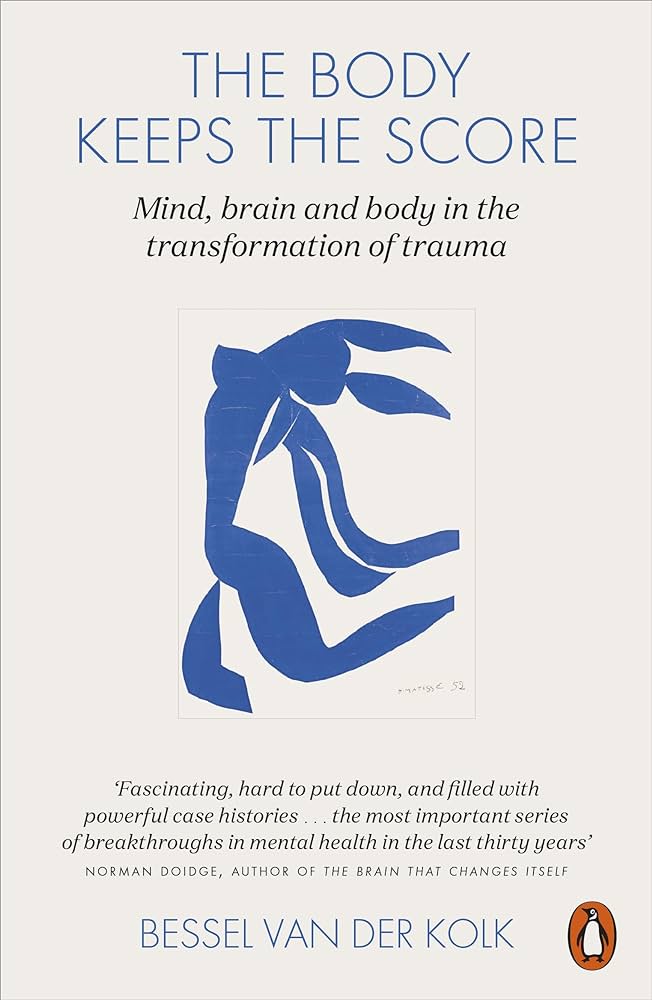
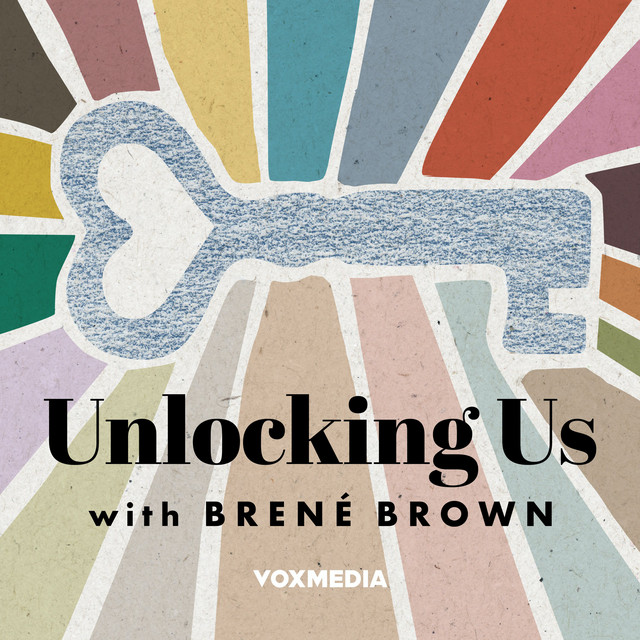
What role does gratitude play in your daily life, and how do you cultivate it?
I have a long-standing gratitude practice with all of the members in my Members Club for the Mind community. We share 3 daily gratitudes and it is a really lovely way to look for the little celebrations in everyday. It can be easy to focus on what isn’t working in our lives, so this practice switches the focus in the other direction. I believe that where your focus goes, your energy flows so by focusing on gratitude, you notice more lovely encounters in your day-to-day life.
How do you navigate challenges or setbacks?
By giving myself time to process them properly and also looking at setbacks as an opportunity to re-direct my focus and energy. Society often tells us a setback is some kind of failure but often when you give yourself time to sit with the emotions you feel from challenges or setbacks, you will begin to notice there is probably a lesson to be learnt from the frustration of it all.
How do you define success in life, and how has your definition evolved over time?
Success to me is living in alignment with my own desires and striving for peace rather than validation. I used to look for external praise to define my own success but am very thankful that over the past few years that has changed to validating my own success through monitoring the way that I feel.

